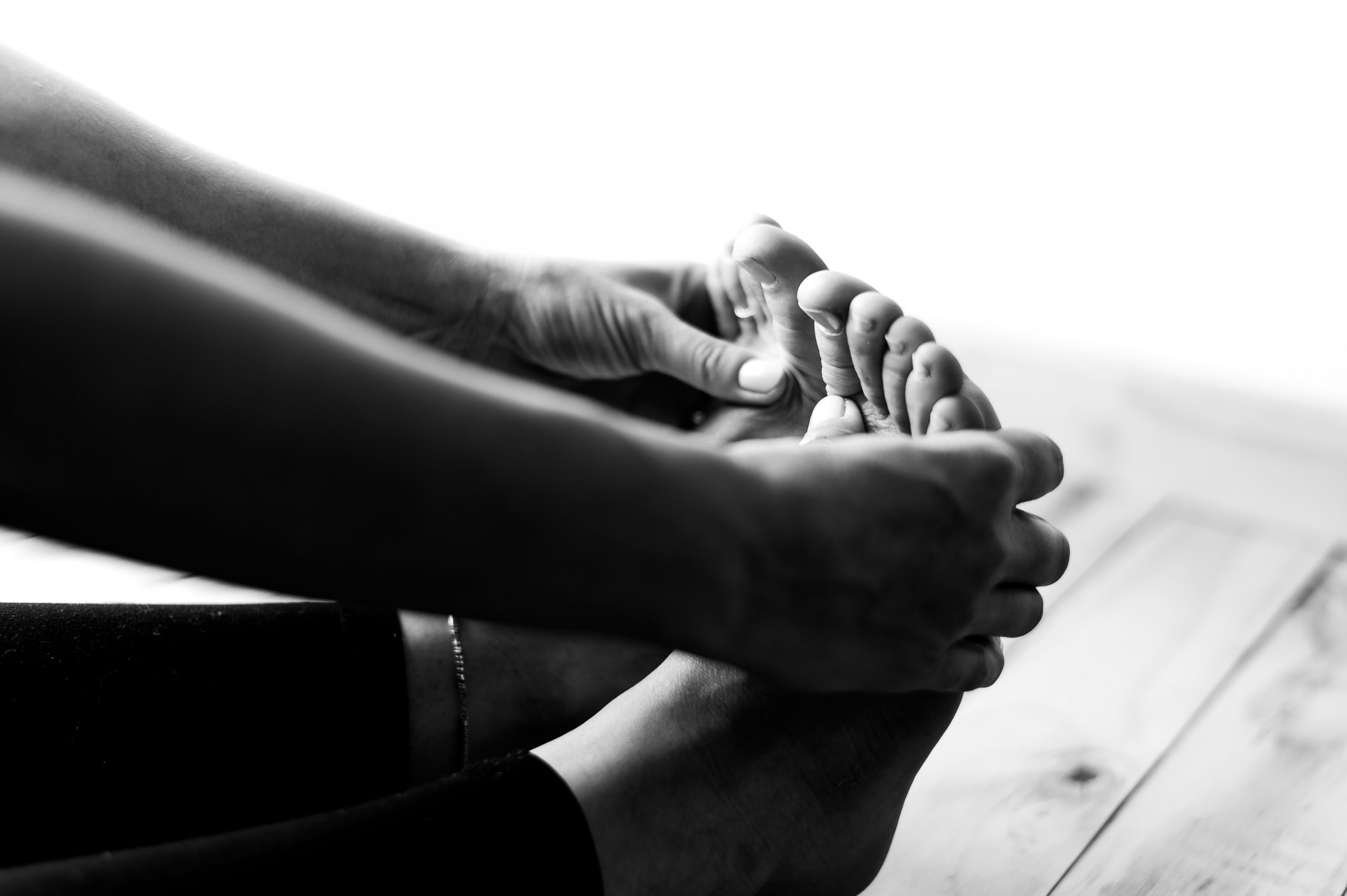Metatarsalgia
Metatarsalgia is an umbrella term that describes a number of conditions that affect the forefoot. It can often be a pain in the ball of your foot under the heads of your metatarsal bones, which is located on the sole of your foot just before your toes. Metatarsalgia can be painful and very debilitating, and you may need some investigations to identify the underlying cause.
Rachel Miller is a highly experienced podiatrist who sees many patients for metatarsalgia conditions. Please see below if you want more detailed explanation of common metatarsalgia conditions, their symptoms, causes and treatments.
Call 020 8348 5553 to make an appointment
Metatarsalgia
The following is a list of some of the conditions that might be associated with metatarsalgia, see their individual pages for more detailed information of the disorders.
Links to conditions and causes associated with metatarsalgia include:
Overuse injuries
Stress fractures
High arches
Morton’s neuroma
Arthritis
Hammer toe claw and mallet toe
Symptoms, causes and treatment of metatarsalgia can differ depending on the complaint.
Symptoms of metatarsalgia
Generally symptoms of metatarsalgia may include:
- Pain in the ball of your foot which is worse flexing your feet, standing, walking and running.
- The pain improves with rest.
- You can have an aching pain in one or both feet; in some people pain is felt in one or two metatarsal heads, in others pain is felt in all of them.
- There can be a sharp burning pain or shooting pain.
- The condition has been described as if walking on pebbles.
- The pain can be of slow onset over a period of weeks.
Causes of metatarsalgia
Metatarsalgia can be caused by an increased pressure to the ball of the foot and can be connected to the shape of your bones as well as the strength of your muscles. It is sometimes termed an overuse injury or described as a symptom caused by other conditions. See the conditions listed above for more information of possible causes of metatarsalgia.
Risk factors to the causes of metatarsalgia can include:
- certain high impact sports, such as running or tennis
- your footwear
- being overweight
- your foot shape, such as high arches or flat feet
- joint and foot conditions, such as arthritis, gout, bursitis and the conditions listed above
- age, the older you get the more susceptible you can become, especially if you have diabetes
Treatments for metatarsalgia
Depending on its causes, there are many different treatments for metatarsalgia that may include:
Immediate treatment can include PRICE – Protection; Rest; Ice; Compression; Elevation.
Other treatments can include:
- modification of training regime
- strengthening and stretching exercises
- taping
- pads
- medication
- losing weight
- self care advice
- controlling diabetes
- footwear advice
- orthotic insoles for support and cushioning
A biomechanical assessment from an experienced podiatrist can help to diagnose your condition and give you a treatment plan. Non invasive conservative treatment may help control symptoms of metatarsalgia. Key to this treatment can be good foot wear advice with a combination of strengthening or stretching exercises as well as self help guidance. You can be prescribed a bespoke orthotic insole which may cushion the ball of the foot and its shock absorbency may help minimise impact during gait. Many people with metatarsalgia have high arches and a bespoke orthotic insole may support the arch and help prevent the pain caused by metatarsalgia.
Contact the Centre for an appointment on 020 8348 5553
Rachel Miller is a highly experienced podiatrist specialising in biomechanics and orthotic insoles who sees many patients with metatarslagia. Her clinic, Highgate Podiatry, is in Highgate Village, 14 Pond Square, N6 6BA, London. Clinics are held every Sunday, Wednesday and Thursday. Please contact the clinic for an appointment on 020 8348 5553. For the clinic’s address, map and directions see the Contact page and for information about orthotic insoles and biomechanics see the Biomechanics page.
Links to Services:
Links to Conditions Treated Include:
- Achilles tendinopathy
- Ankle fractures
- Ankle injuries
- Arthritis
- Back pain
- Bunions
- Corns/Calluses
- Diabetic care
- Flat feet
- Fungal toenail/athlete’s foot
- Haglund’s deformity
- Hammer toe and mallet toe
- Heel pain
- High arches
- Hypermobility
- Ingrown toenail
- In-toeing, toe walking, curly toes
- Knee injuries
- Metatarsalgia
- Morton’s neuroma
- Osgood-Schlatter disease
- Overuse injuries
- Patella tendinopathy
- Patellofemoral pain syndrome
- Plantar fasciitis
- Sever’s disease
- Sprained ankles
- Stress fractures
- Tarsal tunnel syndrome
- Toenails






